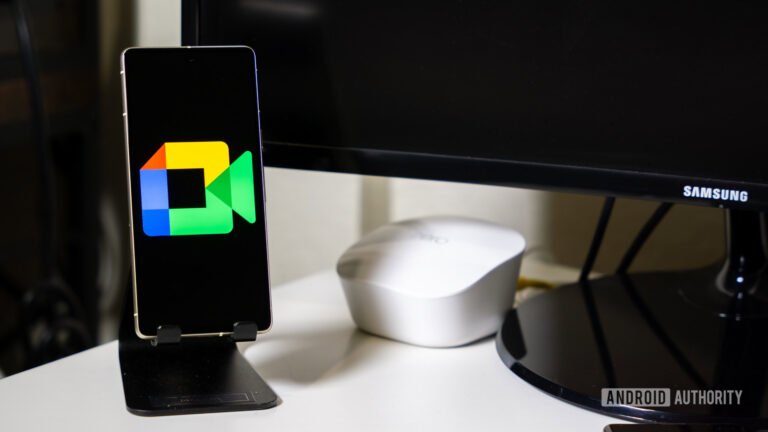

It’s scary to think how much time we spend on social media. You sit down, open Facebook or Instagram, and scroll for a bit, and before you know it, an hour has flown by. Not only is social media a timesink, but it also has the ability to warp our perception of the real world. This is why over in Denmark, the government is planning on banning users under 15 from social media, claiming these platforms are “stealing childhood.”
Is social media stealing childhood?
Danish Prime Minister Mette Frederiksen announced the upcoming ban, citing growing concerns about mental health among young people. Frederiksen pointed to increasing rates of anxiety and depression, along with difficulties children face with reading and maintaining focus.
Frederiksen was quoted as saying, “We have said yes to mobile phones in our children’s lives in the best sense. So they can call home and communicate with their friends. But the reality is that we have let a monster loose. Never before have so many children and young people suffered from anxiety and depression.”
According to a statistic highlighted by the government, it shows that many boys aged 11 to 19 do not meet friends in person during their free time. This raises serious questions about whether smartphones and social media are contributing to social isolation rather than connection. The Prime Minister emphasized that mobile phones and social media are stealing childhood from kids, robbing them of real-world experiences and face-to-face interactions.
The ban will allow parents to grant permission for children aged 13 and above to use social media if they choose.
Social media children ban: A growing global movement
Denmark isn’t alone in taking action against social media access for minors. Australia banned social media for users under 16 last year. It also required tech firms to actively prevent access by minors under that age or face hefty fines. Norway is also considering similar restrictions for those under 15.
This growing movement reflects mounting evidence about the harmful effects of social media on young minds. While tech companies have introduced parental controls and age verification systems, some argue these measures aren’t enough. Governments are stepping in with stricter regulations, prioritizing child welfare over platform growth and engagement metrics.
The effectiveness of these bans remains to be seen, as enforcement poses significant challenges. However, these recent developments signal a shift in how we as a society view social media, especially its role in childhood development and mental health.
The post Are Social Media Platforms Stealing Childhood from the Next Generation? appeared first on Android Headlines.


